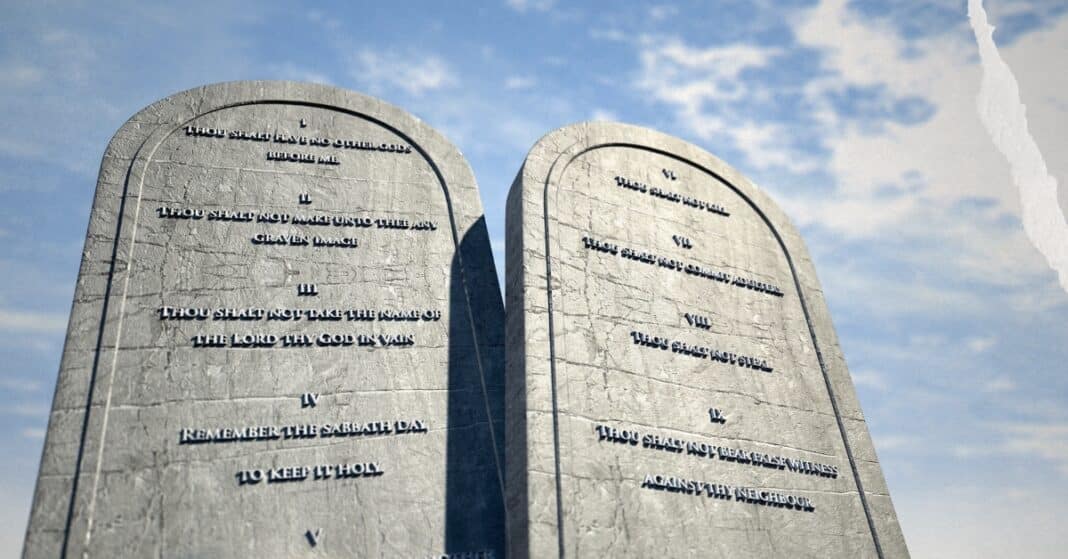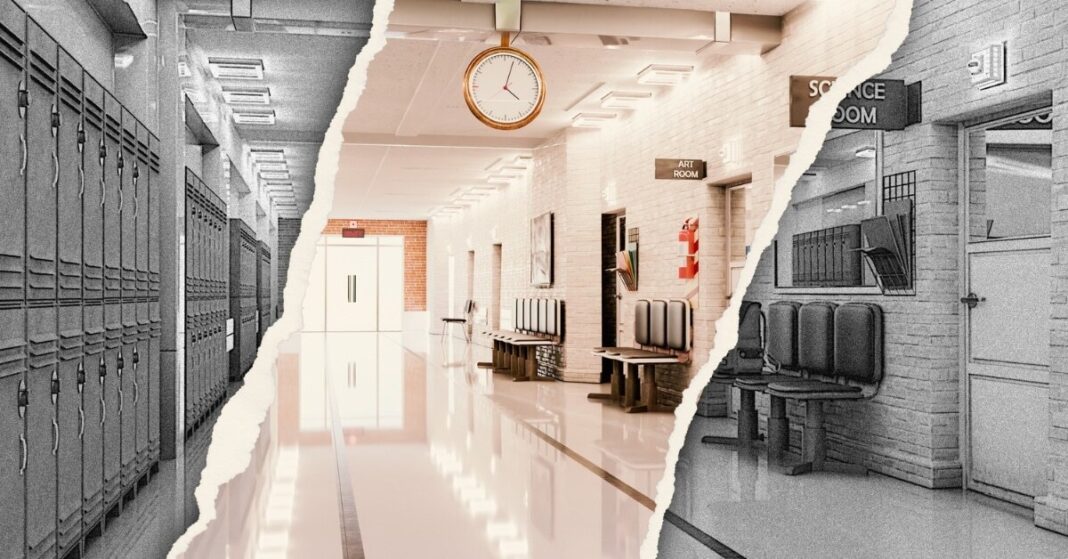A sweeping ban on all THC products has cleared the Texas House, intensifying efforts led by Lt. Gov. Dan Patrick and state senators to shut down the state’s burgeoning hemp industry. In a late-night vote on Wednesday, lawmakers reinstated a full ban through an amendment by Rep. Tom Oliverson, R-Cypress, overturning earlier reforms proposed by Rep. Ken King, R-Canadian. The final version passed 86-53, largely along party lines, marking a pivotal moment in the state’s years-long debate over hemp-derived THC products, as reported by San Antonio Express-News.
“No social good comes from the legalization of intoxicants,” Oliverson said. “We are not banning hemp. We are banning high.”
The measure’s passage follows months of advocacy by Patrick, who has pushed to close what he calls a loophole created in 2019 when the Legislature legalized hemp. That legislation unintentionally enabled the sale of intoxicating THC strains, sparking a boom in unregulated cannabis products. King’s version sought to regulate rather than ban, proposing restrictions on packaging, vapes, and synthetic compounds, and transferring oversight to the Texas Alcoholic Beverage Commission.
The House vote positions the bill for final approval by Gov. Greg Abbott, after it already passed the Senate. Proponents like Rep. Terri Leo Wilson, R-Galveston, emotionally described personal tragedies tied to THC use, arguing the unregulated market endangers youth. Patrick echoed the urgency, releasing a video prior to the vote warning of dire consequences if lawmakers fail to act.
Opponents, including veterans and hemp advocates, have decried the legislation for ignoring the needs of thousands who use these products for pain relief and mental health conditions. Rep. Josey Garcia, a combat veteran, criticized the ban while Rep. David Lowe, also a veteran, supported it, saying hemp advocates should “stop using veterans like me as a vehicle for pushing your unregulated hemp products.”
The measure marks a decisive shift from regulation to prohibition, drawing sharp lines between those who see THC as a public threat and others who view it as a necessary alternative medicine.







